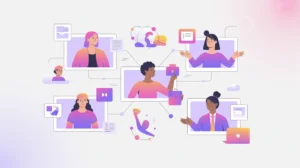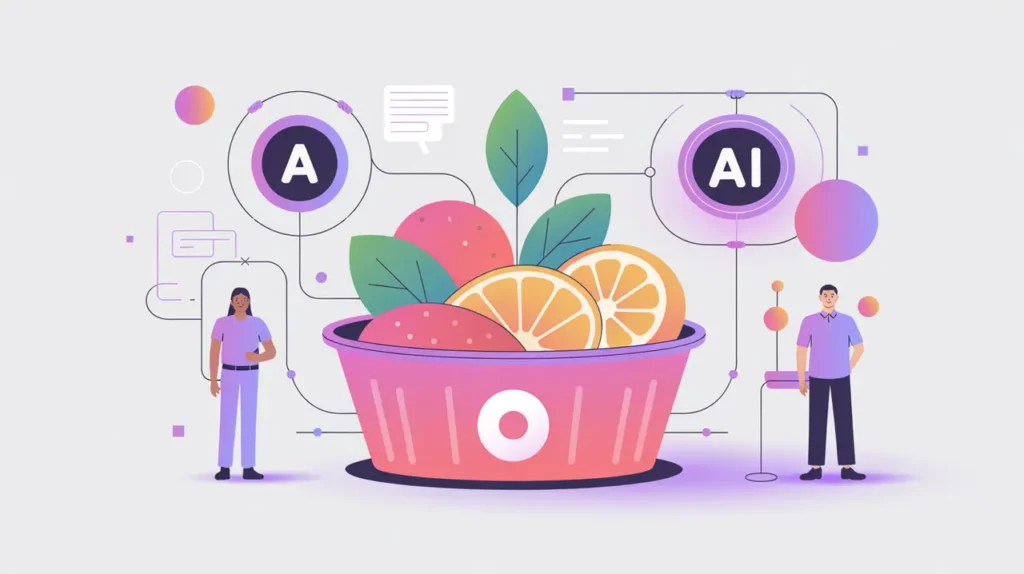Importance of Networks & Associations enabling Collective Learning
Networks and associations bring together diverse actors (organizations, professionals, and communities) to share knowledge, coordinate action, and build collective capacity around AI. Their importance today lies in the fact that no single actor can address the complexity of AI adoption and governance alone. By fostering collective learning, networks create platforms for collaboration, peer exchange, and standards-setting that amplify impact beyond individual organizations.
For social innovation and international development, networks matter because they enable mission-driven actors to pool resources, avoid duplication, and scale good practices in applying AI for equity and social good.
Definition and Key Features
Networks and associations range from professional societies to regional coalitions and multi-stakeholder partnerships. They provide forums for sharing best practices, conducting joint research, and advocating for shared policy positions. Collective learning occurs when members engage in dialogue, reflect on experience, and adapt strategies based on peer input.
These are not the same as one-off partnerships, which may be project-specific and temporary. Nor are they equivalent to hierarchical organizations, where knowledge flows top-down. Networks emphasize horizontal exchange, trust, and reciprocity.
How this Works in Practice
In practice, networks may organize knowledge-sharing events, publish guidelines on AI ethics, or create repositories of tools and resources. Associations of educators, for instance, might exchange experiences with adaptive learning platforms, while humanitarian networks pool lessons on crisis data governance. AI-focused associations often connect technical experts with practitioners in health, education, or climate resilience.
Challenges include sustaining member engagement, ensuring inclusivity of smaller or under-resourced organizations, and avoiding capture by dominant voices. Digital platforms can expand reach but require careful facilitation to foster genuine learning rather than information overload.
Implications for Social Innovators
Networks and associations shape outcomes across mission-driven sectors. Health networks may coordinate standards for AI-enabled diagnostics across regions. Education coalitions can accelerate adoption of inclusive digital learning tools. Humanitarian networks can harmonize approaches to AI in logistics and crisis response. Civil society associations advocate collectively for ethical AI governance.
By enabling collective learning, networks and associations strengthen ecosystems of practice, helping diverse actors move together toward responsible, equitable AI adoption.







